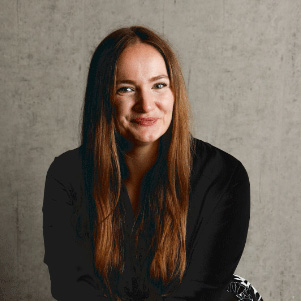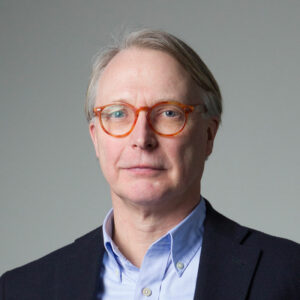
Dr. Carl Folke
Professor, Founder and Chair of the Board, Stockholm Resilience Centre, Stockholm University. Director of The Beijer Institute, The Royal Swedish Academy of Sciences
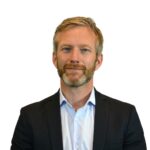
Dr. Henrik Österblom
Professor, The Anthropocene Laboratory, The Royal Swedish Academy of Sciences
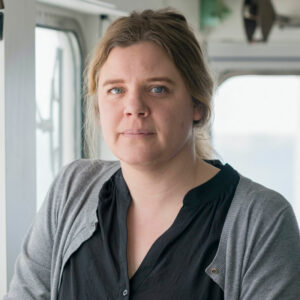
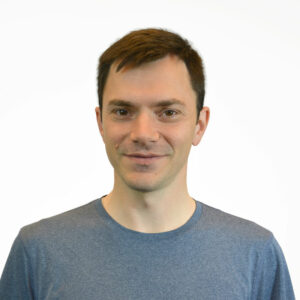
Dr. Robert Blasiak
Associate Professor, Stockholm Resilience Centre, Stockholm University
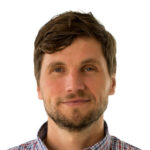
Dr. Patrik Henriksson
Assistant Professor, Leiden University; Stockholm Resilience Centre, Stockholm University; the Royal Swedish Academy of Sciences
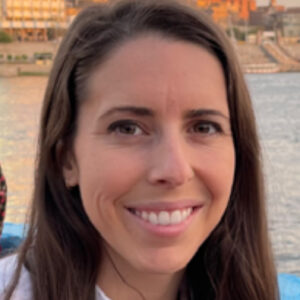
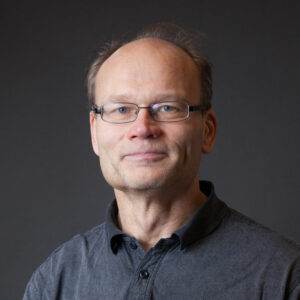
Dr. Max Troell
Associate Professor, Stockholm Resilience Centre, Stockholm University
Program Director and Senior Researcher, the Royal Swedish Academy of Sciences
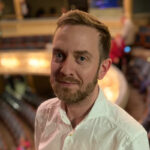
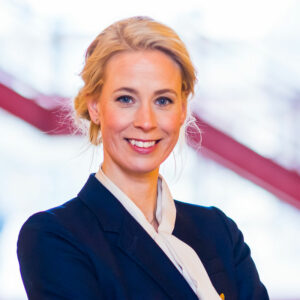
Karolin A. Johansson
Strategic Advisor, Stockholm Resilience Centre, Stockholm University
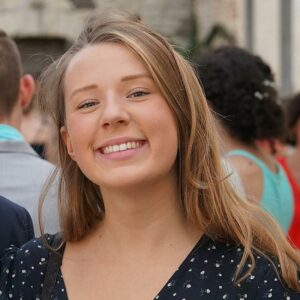
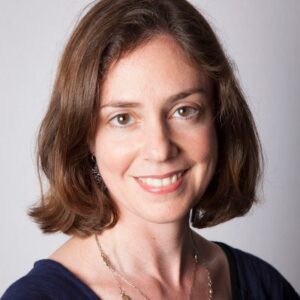
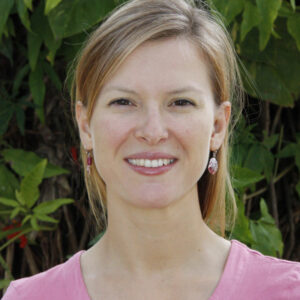
Dr. Colette Wabnitz
Lead Scientist, Center for Ocean Solutions, Stanford University and Institute for the Oceans and Fisheries, University of British Columbia
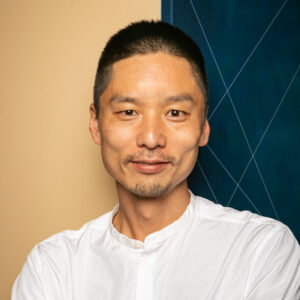
Dr. Shinnosuke Nakayama
Data Research Scientist, Center for Ocean Solutions, Stanford University

Dr. Jean-Baptiste Jouffray
Postdoctoral Fellow, Center for Ocean Solutions, Stanford University
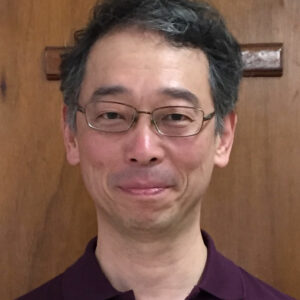
Dr. Nobuyuki Yagi
Professor, The University of Tokyo and Member of the Science Council of Japan
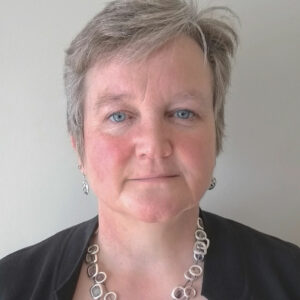
Dr. Jan Bebbington
Director, Pentland Centre for Sustainability in Business, Lancaster University
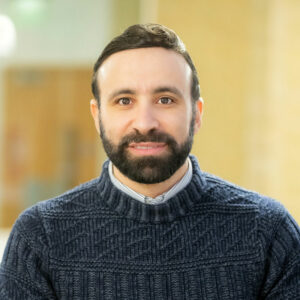
Dr. Salaheldin Hamad
Research Associate, Pentland Centre for Sustainability in Business, Lancaster University
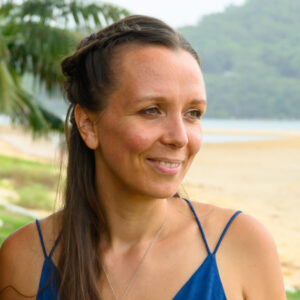
Dr. Vanessa Jaiteh
Senior Research Scientist, Centre for Development and Environment, University of Bern
